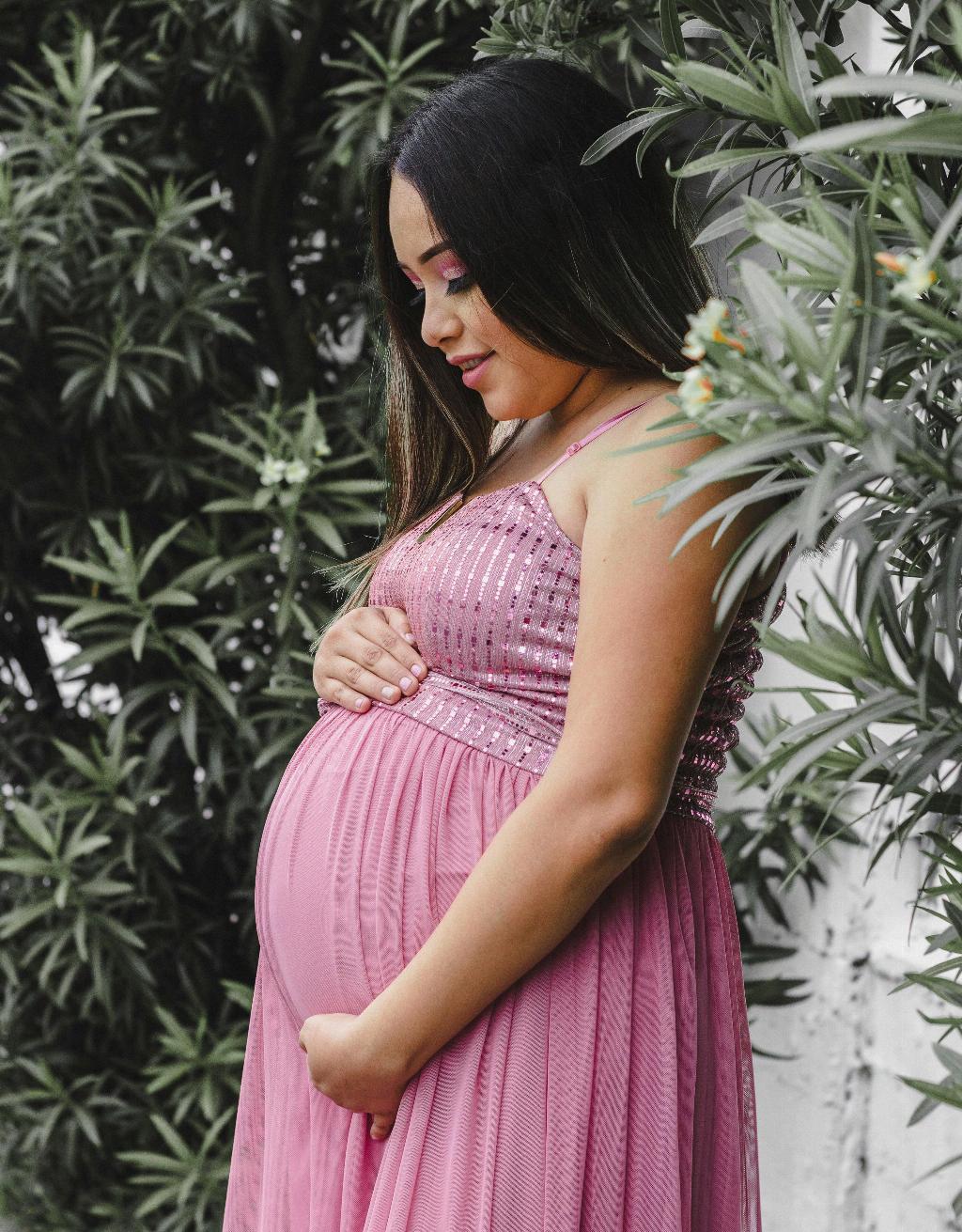One common query among individuals is whether it is possible to be one month pregnant and still experience a period. It is essential to comprehend the intricate processes of pregnancy and menstruation to provide an informed response to this question.
Normal Menstrual Cycle
Typically, a woman’s menstrual cycle lasts around 28 days, although this can vary. Menstruation occurs when the uterine lining sheds because a fertilized egg did not implant in the uterus, leading to the shedding of the endometrium.
The Role of Hormones in Pregnancy
During pregnancy, the body experiences significant hormonal changes to support the growth and development of the fetus. For instance, the hormone hCG, produced by the placenta, helps maintain the corpus luteum, a structure that secretes progesterone to sustain the uterine lining.
Implantation Bleeding
Implantation bleeding, which occurs when the embryo attaches to the uterine lining, can be mistaken for a light period. This typically transpires around the time a woman would expect her period, leading to confusion regarding the presence of menstruation during pregnancy.
Distinction Between Menstruation and Pregnancy Bleeding
It is crucial to differentiate between menstrual bleeding and bleeding during pregnancy. Menstrual flow consists of the shedding of the endometrial lining, while pregnancy bleeding may result from various causes, such as implantation or other complications.
Confirming Pregnancy
To ascertain pregnancy, individuals can utilize home pregnancy tests or visit healthcare providers for blood tests. These tests detect the presence of hCG in the body, thus confirming pregnancy and distinguishing it from a regular menstrual cycle.
Factors Influencing Bleeding
Various factors, such as stress, hormonal imbalances, or underlying medical conditions, can impact menstrual patterns. Therefore, it is imperative to consider these elements when evaluating the presence of bleeding in early pregnancy.
Medical Consultation
If individuals suspect they might be pregnant or experience unusual bleeding, consulting healthcare professionals is advisable. Healthcare providers can offer guidance, conduct tests, and address any concerns regarding pregnancy and menstrual irregularities.
Understanding the Body’s Changes
Being aware of the body’s changes during pregnancy and menstruation aids in recognizing signs and symptoms associated with each phase. This knowledge enables individuals to differentiate between pregnancy-related bleeding and regular menstrual bleeding.
Importance of Early Detection
Early detection of pregnancy is crucial for initiating prenatal care and monitoring the mother and baby’s health. Recognizing pregnancy symptoms and undergoing appropriate testing ensures timely interventions if necessary.
Educational Resources
Accessing educational resources, such as reputable websites and healthcare materials, helps individuals gather information about pregnancy, menstruation, and related topics. Being well-informed empowers individuals to make informed decisions regarding their reproductive health.
Seeking Support
Individuals navigating pregnancy, menstrual concerns, or related issues can benefit from seeking support from healthcare professionals, support groups, or trusted individuals. Open communication and assistance enhance well-being during these significant life stages.
Conclusion
In conclusion, while it is not possible to be one month pregnant and have a typical period, bleeding during early pregnancy, such as implantation bleeding, may cause confusion. Understanding the distinctions between menstruation and pregnancy-related bleeding, seeking medical guidance when needed, and staying informed about reproductive health are integral aspects of navigating pregnancy and menstrual cycles.

